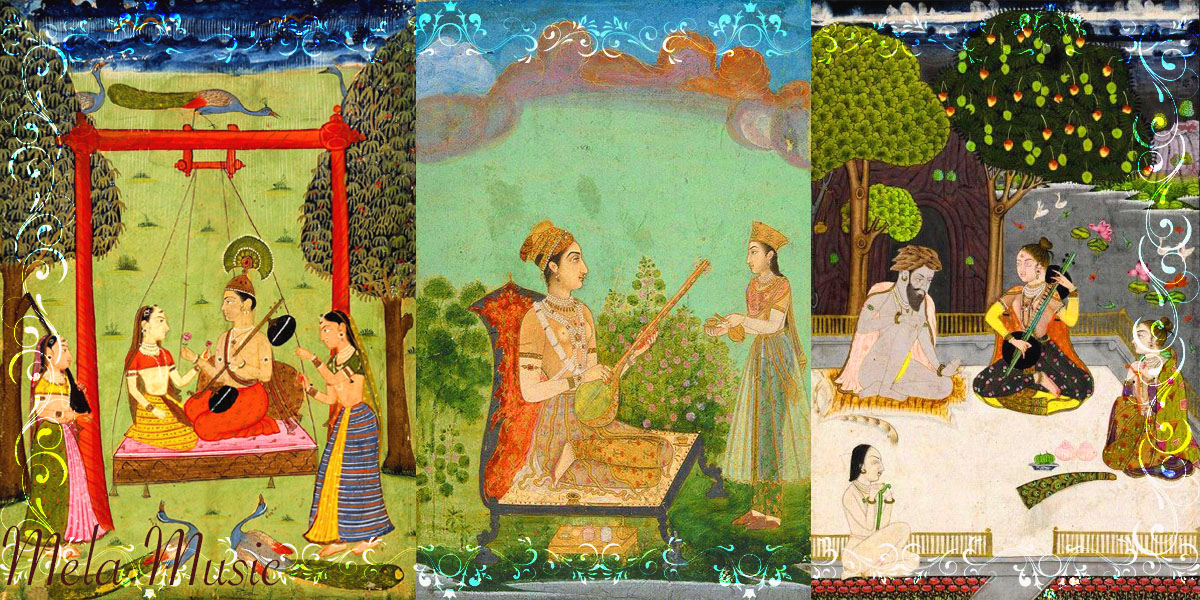
aga Mand Bhairav, also spelled as Maand Bhairav, is a beautiful and evocative raga in the Hindustani classical music tradition. It is known for its deep, introspective, and devotional mood. Raga Mand Bhairav shares melodic similarities with Raga Bhairav but has its distinct features and flavors.
Raga Mand Bhairav is classified under the Bhairav thaat and is traditionally performed during the early morning hours, just before sunrise. It is associated with a serene and contemplative atmosphere, invoking a sense of peace, devotion, and spirituality.
Musicians explore the melodic contours of Raga Mand Bhairav through improvisation, bringing out the raga’s inherent beauty and depth. They employ various melodic ornaments and techniques such as meend (glides), gamakas (ornamental oscillations), and taans (fast melodic passages) to enhance the raga’s emotional expression.
Raga Mand Bhairav has a rich repertoire of compositions in different musical forms, including dhrupad, khayal, and thumri. The compositions in this raga often express themes of devotion, yearning, and surrender to the divine. They are rendered with a sense of tranquility, introspection, and reverence.
Beyond classical music, Raga Mand Bhairav has also found its place in lighter genres, such as semi-classical and devotional music. Its melodic charm and spiritual essence have inspired artists in various musical traditions.
Overall, Raga Mand Bhairav holds a significant position in the Hindustani classical music repertoire. Its unique melodic structure and serene character create a profound and uplifting musical experience, touching the hearts of both musicians and listeners alike.
